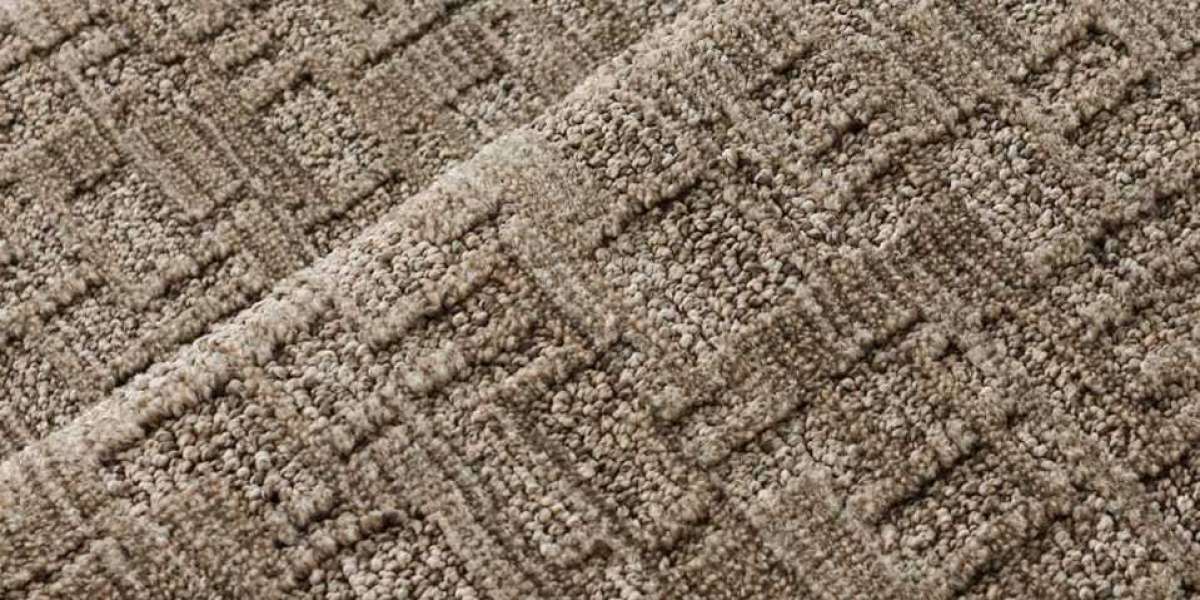When it comes to enhancing the aesthetic appeal and functionality of your home, stair carpets play a pivotal role. Whether you're renovating your home or simply upgrading a specific area, a stair carpet can not only improve the look and feel of your staircase but also add an extra layer of safety and comfort. This guide will walk you through everything you need to know about stair carpets, from choosing the right material to installation tips.
Why Choose Stair Carpets?
Stairs are often a high-traffic area in a home, which can cause wear and tear over time. Stair carpets protect your steps from damage, while also offering a soft surface that makes going up and down safer. Additionally, carpets can reduce the noise from footsteps, giving your home a quieter, more serene environment.
Choosing the Right Material for Stair Carpet
One of the most crucial decisions when selecting a stair carpet is the material. Here are some of the most popular options:
- Wool: Known for its durability and natural stain resistance, wool is an excellent choice for high-traffic areas. It provides a luxurious, soft feel while also being resistant to dirt and dust.
- Nylon: Nylon is highly durable and is resistant to stains and fading, making it perfect for stairs that get a lot of use. It's also affordable compared to other materials.
- Polypropylene: A synthetic fiber, polypropylene is highly resistant to moisture, stains, and fading. It’s a great budget-friendly option for homes with children or pets.
- Berber: Berber carpets have a distinctive looped texture that resists wear and tear. They’re perfect for areas where the carpet is likely to experience high foot traffic.
Color and Design Considerations
The color and design of your stair carpet should complement your overall home décor. For smaller spaces, lighter colors such as beige, light gray, or pastel shades can help open up the area and create a sense of space. Darker hues like navy, charcoal, or rich browns are excellent choices for larger or more formal staircases. Patterns can also be used to add visual interest, but remember that subtle patterns usually work best for stairs to maintain a clean, cohesive look.
How to Measure Your Stairs for Carpet
Proper measurement is key to ensuring you purchase the right amount of carpet for your stairs. Here’s how to do it:
- Measure the width: Measure from one side of the staircase to the other, accounting for any landings or curves.
- Measure the length of each step: Measure the tread (horizontal part) and riser (vertical part) of each step. Ensure you measure accurately to avoid running out of carpet or having too much leftover.
- Add extra: Always add a little extra to your measurements to account for mistakes, seams, or any custom cuts.
Installation Tips for Stair Carpet
While professional installation is an option, many homeowners opt to install stair carpets themselves. Here are some helpful tips:
- Prepare the staircase: Clean the stairs thoroughly and ensure they’re free from dust and debris.
- Cut the carpet: Using a sharp utility knife, cut your carpet to the appropriate size based on your measurements.
- Secure the carpet: Use double-sided carpet tape or carpet tack strips to secure the carpet in place. Be sure to stretch the carpet tightly across each step for a smooth finish.
- Trim the edges: Use a carpet trimmer to ensure the edges are neat and precise.
Benefits of Stair Carpets
- Safety: Stair carpets reduce the risk of slips and falls by providing traction.
- Comfort: They offer a softer, more comfortable surface underfoot compared to hard materials like wood or tile.
- Noise reduction: Carpets help to reduce noise, especially in multi-story homes.
- Style: A stair carpet can elevate the look of your home, adding warmth and charm to your staircase.
Conclusion
Stair carpets are an excellent way to improve both the aesthetic and functional aspects of your staircase. Whether you're looking for a plush, luxurious feel or a practical, easy-to-maintain option, there's a stair carpet to suit every style and need. By choosing the right material, color, and design, you can transform your staircase into a stylish and safer part of your home.







